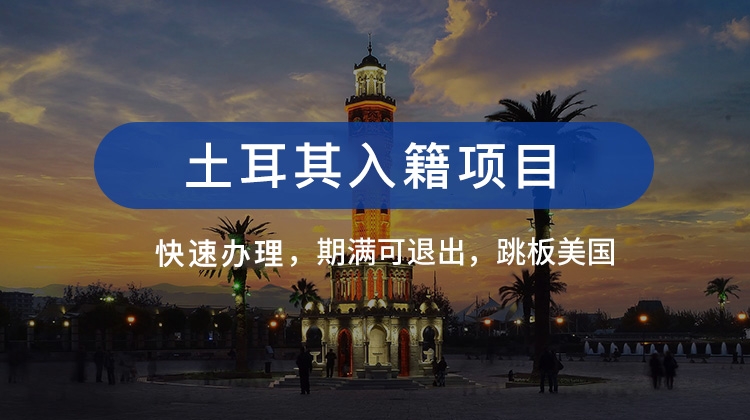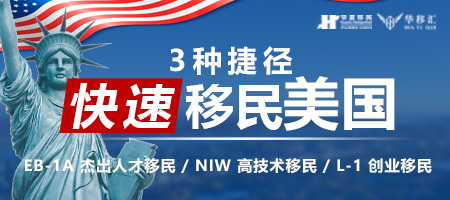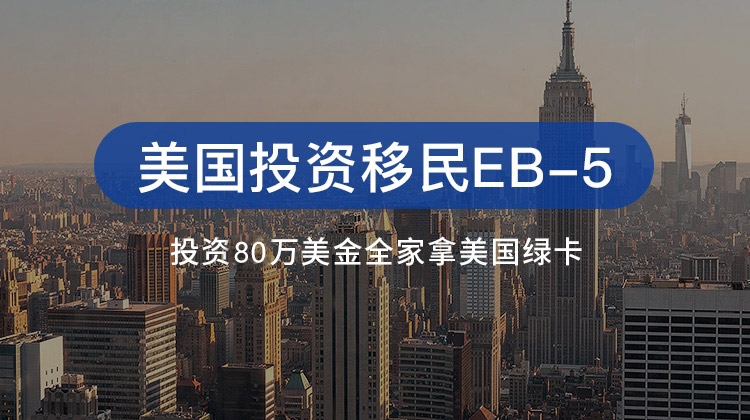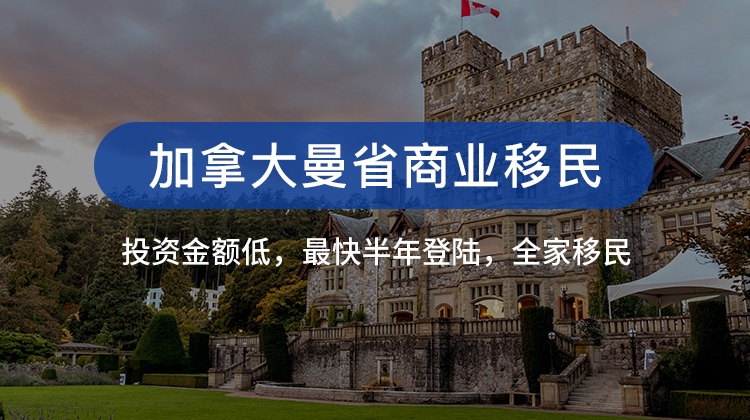LMO,全称为Labour Maket Opinion,是加拿大劳工市场意见书的意思。主要是用于申请加拿大的工签及移民(微博)。
虽然在加拿大注册一家公司是轻而易举的事情,但对于加拿大的本地雇主而言,并不是所有的雇主都可以向海外雇用人才。只有当他所雇佣的Full-time全职雇员超过一定数量,以及全年的年收入超过一定数额的时候,才会被允许向海外招人。
雇主在向联邦劳工部门申请海外招人时,还要花钱在报纸及网站上发布招聘广告,以此证明它确实无法在加拿大本国招到合适的人才。发布广告的时间也有专门的约定。
联邦劳工部要审核雇主本身的资质及所提供的材料是否满足向海外招人的条件,以及审查所要招聘海外人才雇用信上所约定的薪资是否符合加拿大同类职业的薪资标准。全部符合条件后,才颁发劳工市场的核准意见书,就是LMO。审核的时间在今年之前是1-2个月,今年因为申请的人太多,时间延长至了2-3个月甚至更久。
然后被雇主雇佣的海外人员才能依此向联邦申请工作签证或技术移民。
当然,并不是所有的联邦技术移民都需要LMO。但是当你达不到联邦技术移民的评分标准时,LMO就发挥了非常重要的作用。不但可以让你因为LMO的加分而很容易地达到评分标准,而且在联邦移民局的审批时间也会加快。因为加拿大毕竟因为人太少,人才严重缺乏,联邦移民局本着为纳税人服务的宗旨,也会尽快让那些有Aranged employment预先工作安排的人到加拿大,为本国的经济发展做贡献。
A Labour Market Opinion (LMO) is a document that an employer in Canada may need to get before hiring a foreign worker.
A positive LMO will show that there is a need for a foreign worker to fill the job and that no Canadian worker can do the job. A positive LMO is sometimes called a Confirmation letter.
Your proposed employer must contact Human Resources and Skills Development Canada (HRSDC). HRSDC will provide details on the LMOapplication process.
In some cases, you may not need a LMO to apply for a work permit.
These people need a work permit but do not need an LMO:
·Workers covered under international agreements
This group can include:
professionals,
traders,
investors and
business visitors.
·People taking part in exchange programs
These programs can include:
youth exchange programs,
teacher exchange programs and
other joint programs.
·Spouses
This group can include:
spouses and common-law partners of certain foreign students who are studying full time (the spouse must not be enrolled in full-time studies) and
spouses and common-law partners of certain skilled foreign workers.
See Your Spouse Working in Canada.
·Workers, their spouses/common-law partners or their dependants who are eligible for a work permit through a pilot project
Pilot projects are agreements between the Government of Canada and provincial/territorial governments. Find out if you are eligible to come to Canada through a pilot project.
·Workers nominated by a province for permanent residence
The person must have a job offer from an employer based in that province.
·Entrepreneurs and workers transferred within a company
This includes workers who will greatly benefit Canadians or permanent residents by working in Canada.
·Academics and students
This includes researchers, guest lecturers, visiting professors and others.
·Co-op students
These are foreign students studying in Canada and doing co-op work placements as part of their study program.
·Religious workers
These are people doing charitable or religious work.
·Others
These are other people who need to support themselves while they are in Canada, such as those waiting on a refugee claim.

 2002年获公安部资格认证
2002年获公安部资格认证 中国十大移民服务机构
中国十大移民服务机构 中国移民行业旗舰
中国移民行业旗舰 专注投资移民项目
专注投资移民项目














































